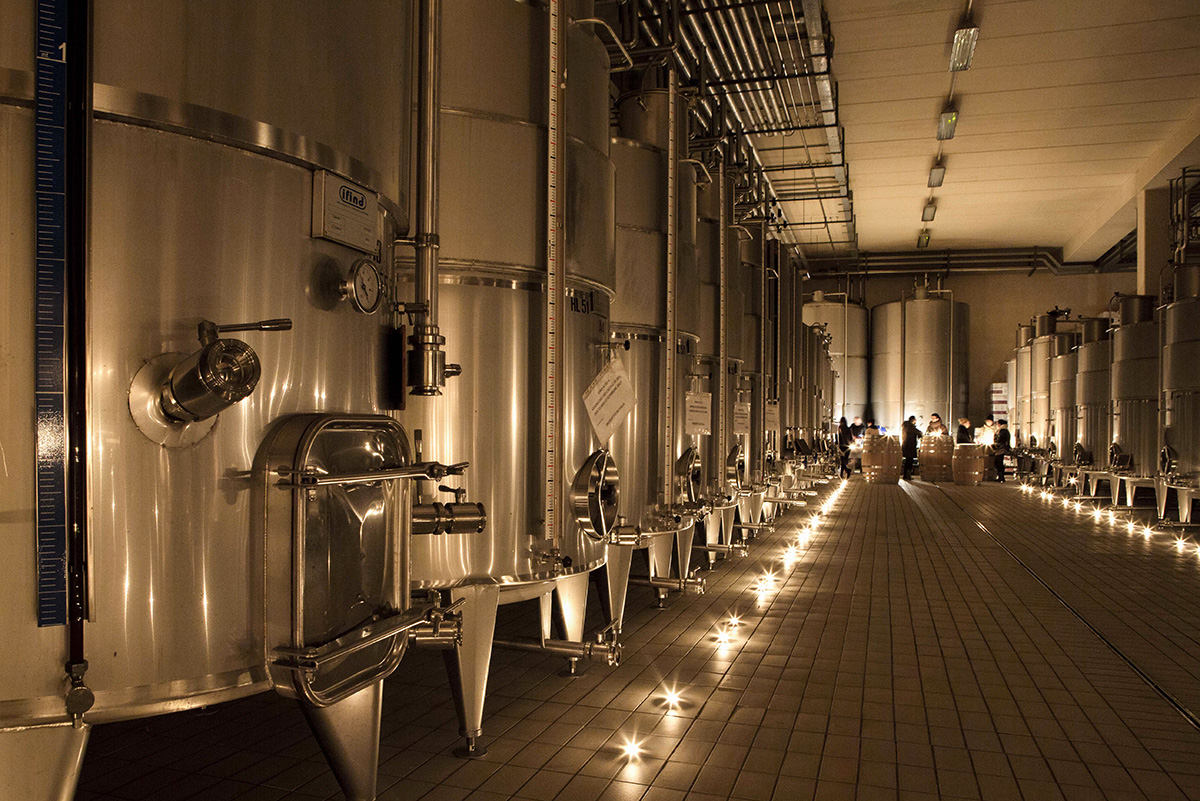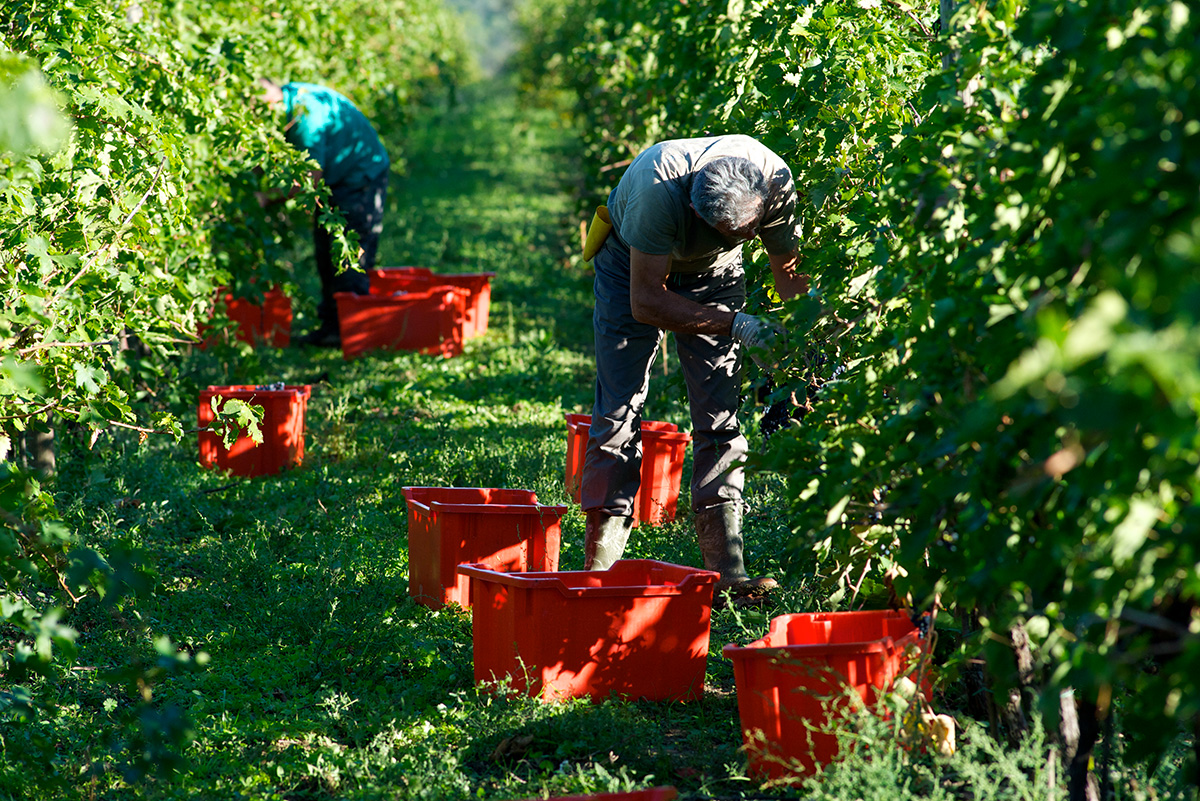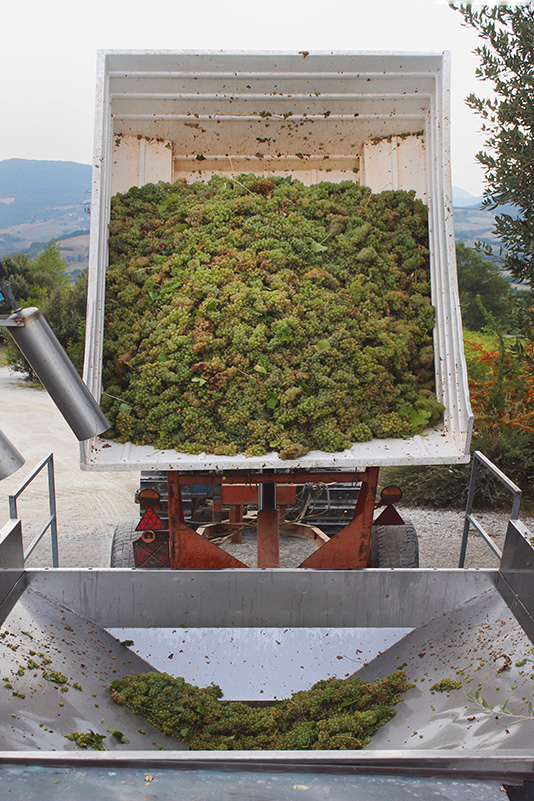
Sustainability
What does sustainability mean?
Today, sustainability is talked about a lot. Sometimes it’s used with great care, and just as often it’s invoked as a kind of shield to justify one’s actions.
But what does sustainability really mean?
Even on first hearing, the word carries a sense of help, of support — something to lean on in order to stand back up. Even the right pedal of a piano is called the sustain pedal — a form of “support” — and it allows the notes to echo longer after being played.
We update our sustainability report annually, and it is available upon request by contacting us at info@casalfarneto.it
Beyond the idea of support, sustainability expresses a beautiful sense of connection and a special care for those who will come after us — like a bridge linking the present to the future. Or better yet, a bridge that will give our present a new future.
When we think of our land and our winery, what we truly hope is that those who come after us will be able to fully enjoy the beauty we admire every day — to find peace in the soft, embracing landscape, to see the vines growing year after year and, last but not least, to savor a glass of fine wine.
For us, sustainability is a journey we chose to begin a long time ago, and one we choose to continue every single day. The paths and solutions may be many and diverse, but the destination remains the same: to produce excellent wines with trusted people, in harmony with the rhythm of nature.
The taste of time — ours, and that of those yet to come.
Treccani Dictionary.

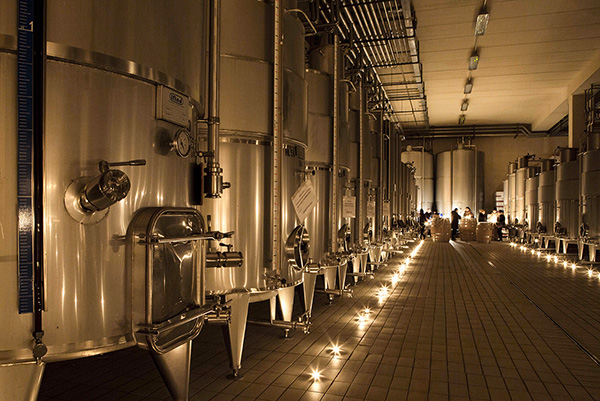
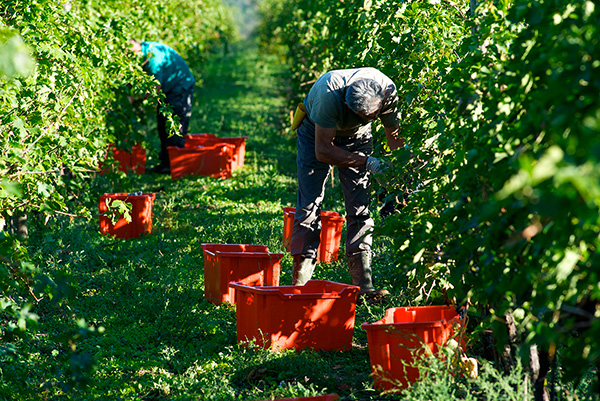
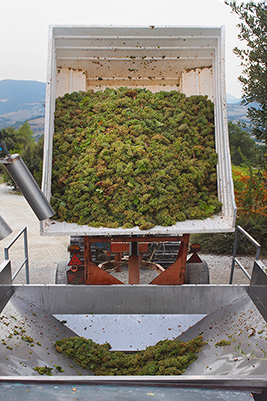
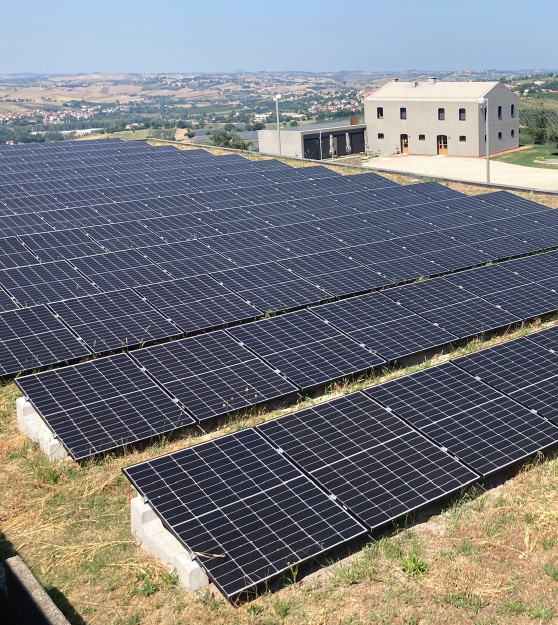
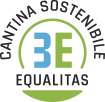
Equalitas
What is Equalitas?
Equalitas is a company founded in 2015 to promote sustainability in the wine sector and to create a model — a standard — that brings together the goals and demands of businesses, society, and the market.
The Equalitas Standard is based on objective, verifiable requirements and rests on the three pillars of sustainability: environmental, economic, and social. For this reason, the certification standard considers three different productive dimensions: the company, the finished product, and the territory. Equalitas’ main goals are to establish a unified model of sustainability to present to both the Italian and international markets, and to promote a trustmark that guarantees quality and responsibility for the consumer.
Wineries play a key role as both guides and essential allies throughout the 3-year certification process, which gradually leads them toward increasingly ambitious and continuously evolving goals.
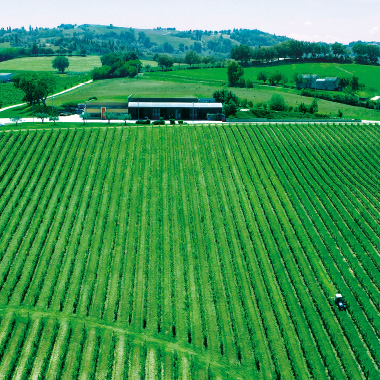
Sustainability
Our actions for a sustainable future
Sustainable vineyard protection
Our grapes are grown in vineyards certified under the SQNPI (National Integrated Production Quality System), a program governed by the integrated production guidelines of the Marche region.
Integrated pest management was developed to protect crops from the excessive use of agrochemicals by adopting a range of agricultural practices that support plant health and reduce vulnerability to pests.
Like a good doctor who seeks to prevent illness before it occurs, the integrated production system applies all methods, tools, and protective measures aimed at minimizing the use of synthetic chemicals and optimizing fertilization — all while respecting ecological, economic, and toxicological principles.
The winery’s architecture
The architectural design of the winery took into account the surrounding territory. To preserve the landscape and fully integrate the building into the environment, it was partially built underground, featuring a green roof covered with vineyards.
The temperature inside remains constant between 18 and 20°C, which avoids increasing CO₂ emissions and energy consumption for heating or cooling.
Our solar energy installation
Since April 2023, we have installed a significant photovoltaic system with the goal of becoming almost entirely energy self-sufficient, using clean energy and consequently avoiding reliance on fossil fuel power plants.
The system covers an area large enough that most of the energy produced is self-consumed—that is, generated and reused for our activities—resulting in a saving of 34,281 kg of CO₂. Regarding the environmental impact, the amount of forest preserved corresponds to 377,091 m², equivalent to about 50 soccer fields.
Our approach to water use
Wastewater from the winery’s production processes is treated in a dedicated purification plant.
We have also created closed basins to collect rainwater, sufficient to meet the irrigation needs of the parks and all the annual pest control treatments in the vineyards. This helps preserve the local groundwater reserves and avoids using water from the municipal supply.

Reducing CO₂ Emissions and Consumption
Every year, we strive to reduce carbon dioxide emissions and energy consumption in the winery’s operations in several ways:
– We cool the grapes using machines powered by electricity generated from our photovoltaic panels;
– We use materials that are themselves produced with low CO₂ emissions, such as Nomacorc corks (zero carbon footprint impact, 100% recyclable);
– We market recyclable products.
Our team
We are committed to ensuring the best possible conditions for our workers, including:
– Salaries and duties in accordance with their employment contracts;
– The possibility to submit suggestions or complaints anonymously;
– Employee rotation and turnover;
– Special attention to gender equality and the prevention of any form of discrimination;
– Continuous training, in addition to legally compliant safety measures;
– Regular meetings to update operational procedures concerning the social and environmental conditions of the workplace, with official minutes;
– Privacy in the management of employee data and information.
Traceability
We have full traceability of our suppliers regarding the management of grapes, wine, and materials. This means we can demonstrate that a specific batch of product comes from companies and operators participating in the certified supply chain.
The Code of Ethics
We are committed to adopting a Code of Ethics aimed at preventing all forms of discrimination in the workplace, ensuring equal opportunities, trade union freedoms, health, and safety. We categorically reject any form of exploitation, illegality, and unacceptable practices or behaviors.
As a guarantee of these conditions, we provide our employees with periodic internal questionnaires to assess the workplace climate, health, safety, and overall satisfaction.
The Relationship with the Territory
To assess our relationship with local residents, our “neighbors,” every three years we send out a questionnaire (which can also be completed anonymously) to inhabitants and our suppliers to understand their opinions, what we can improve, and whether we are respectful and fair enough.
We want our relationships with our neighbors and collaborators to be the best possible.
Paolo



